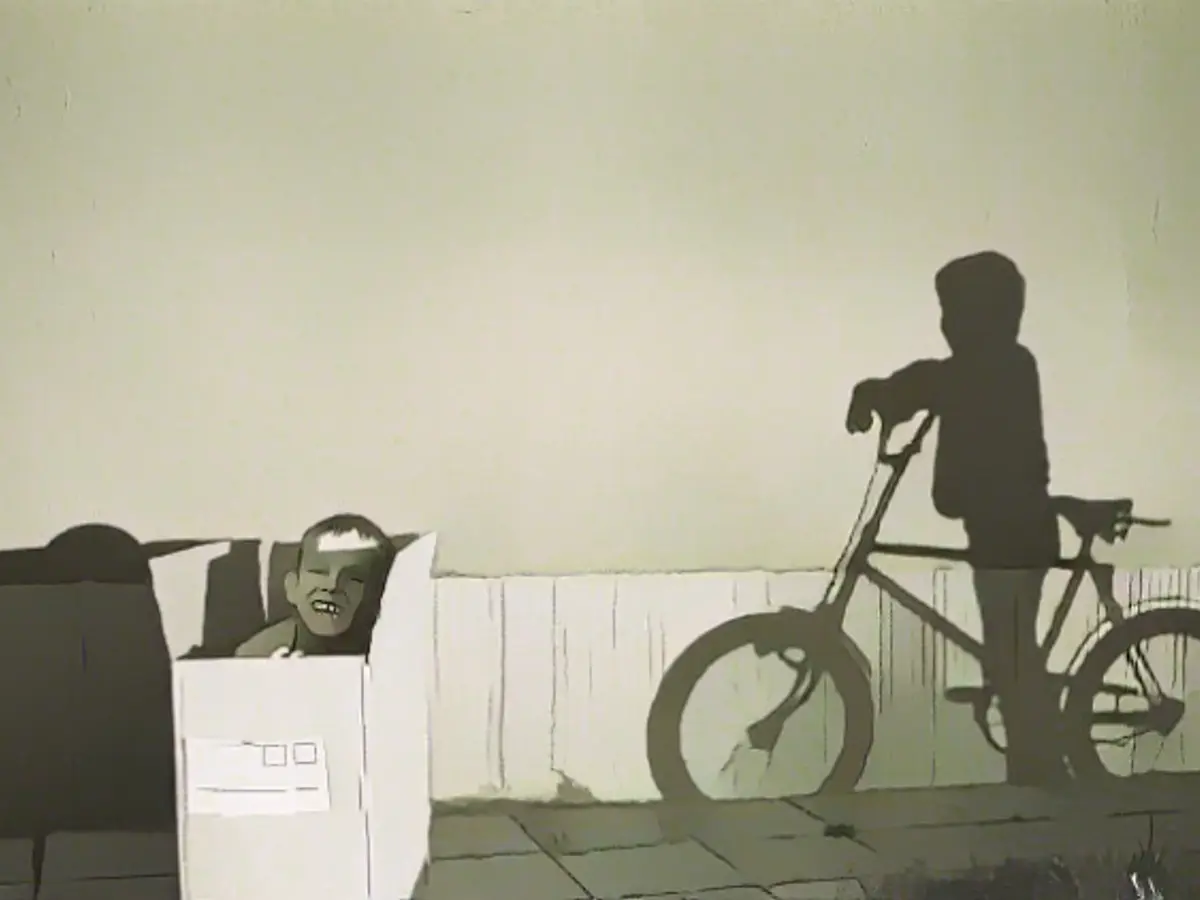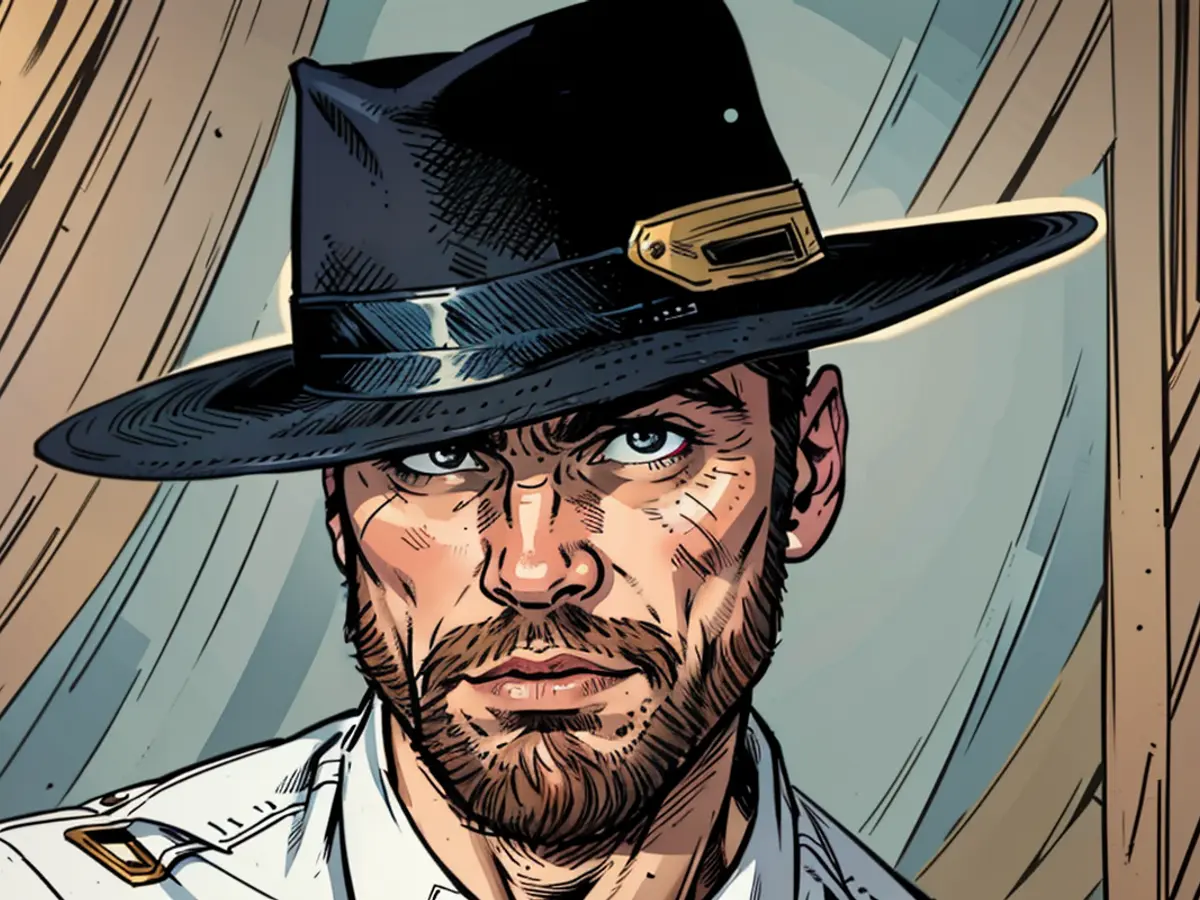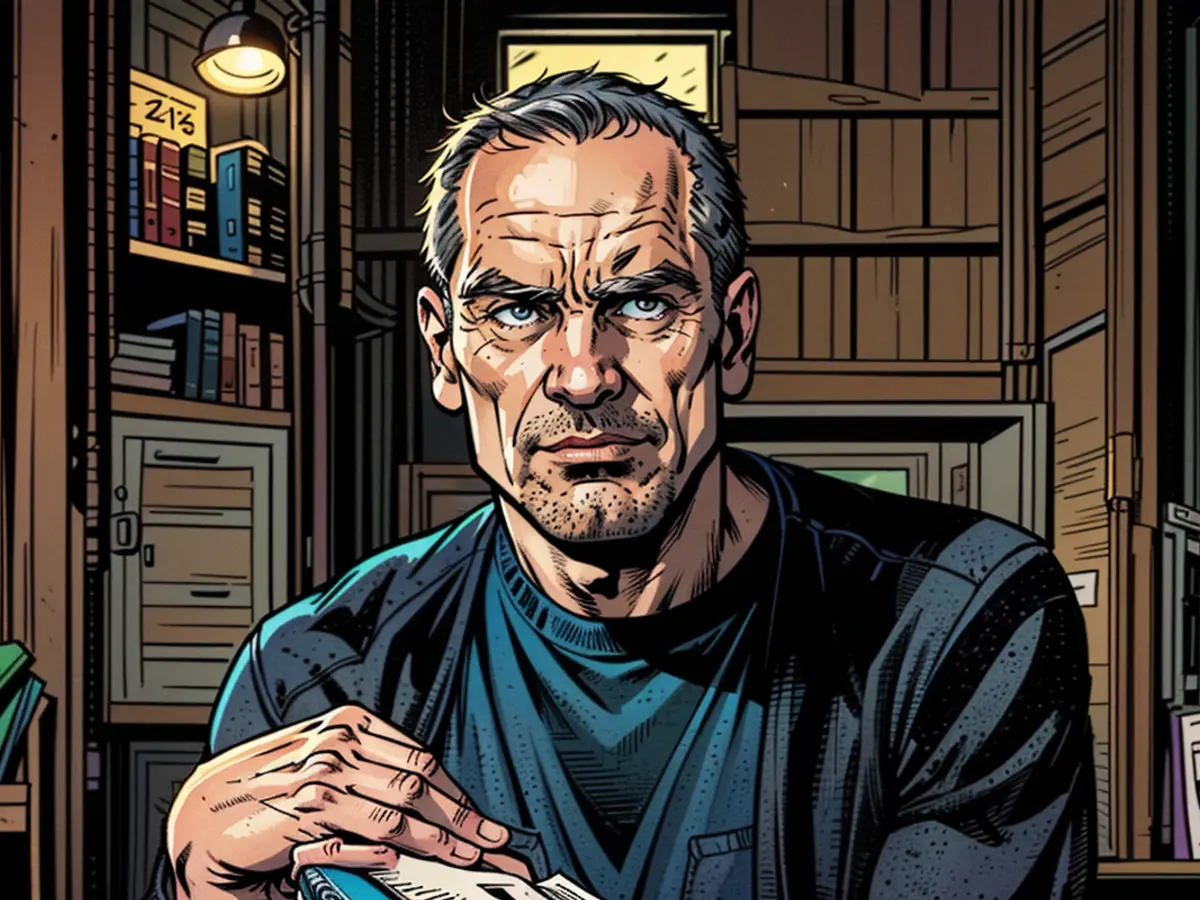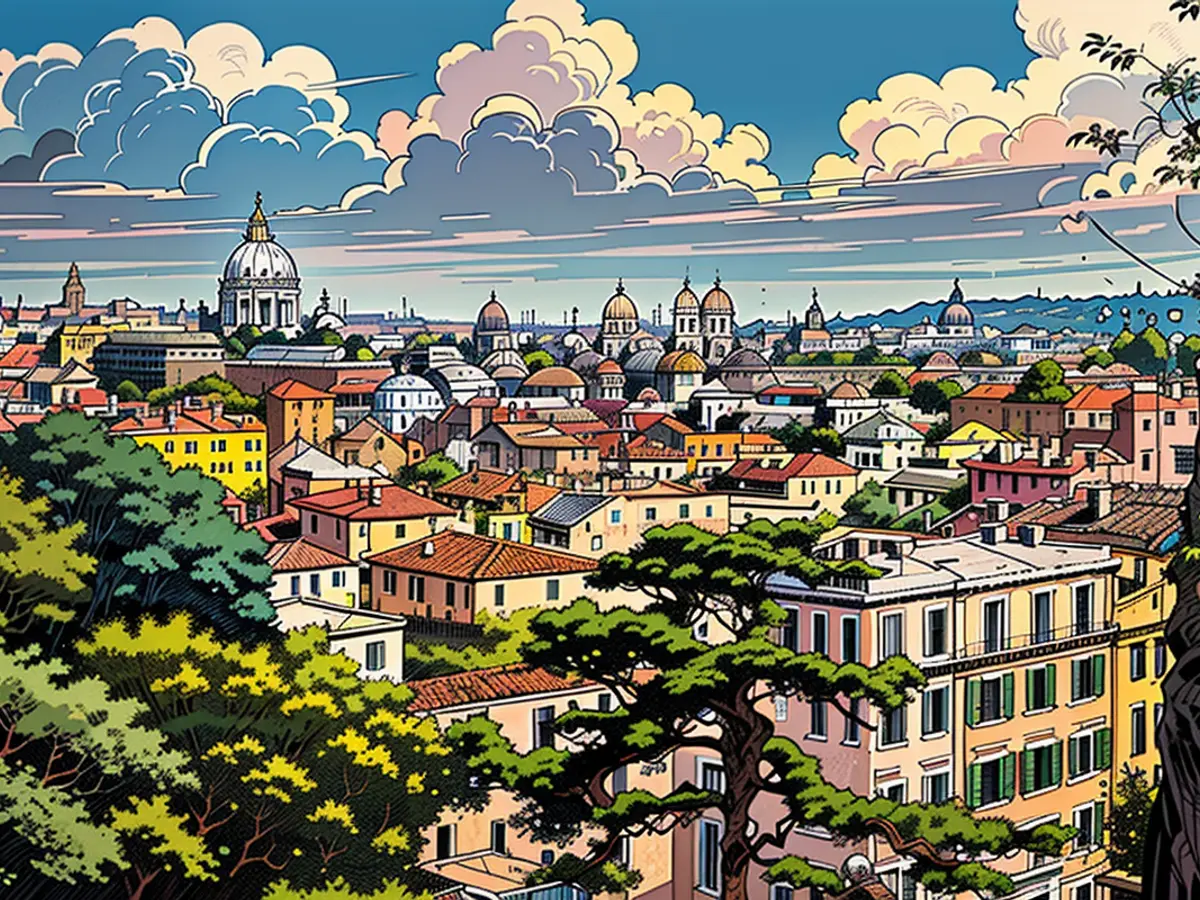When violence devours all happiness
Anyone born in the GDR at the end of the 1980s may have been lucky. But many of the practiced rules still apply without restriction. In "The Possibility of Happiness", Anne Rabe tells of a legacy that is difficult to name and hard to bear.
Stine is three years old when the Wall falls. The Russenberg, Karl-Liebknecht-Straße and the rarity of bananas and oranges are a thing of the past. But as quickly as the GDR collapsed, the country within the people proved to be long-lived.
Anne Rabe was also born in 1986, in Wismar, in the former GDR district of Rostock. However, her novel "The Possibility of Happiness" does not only tell her own story and not only that of the devastation caused by the GDR in the depths of her family. The family consists of her father, mother, Stine and her brother Tim. Other families told each other stories of failed Christmas roasts, mishaps or clumsiness, writes Rabe. "What Tim and I tell each other when we talk about our childhood are stories of how we learned to be quiet."
Stine's family conformed to the system, her grandfather was a loyal supporter of the SED who later found nothing wrong with the ideas that destroyed more than just one country. "The new country tasted different, but the rules we had to obey were still the same." Stine and Tim are brought up with a strictness that borders on cruelty. There is nothing tender, only devaluation, shaming and harshness. Their mother hits them for even the smallest things and their father lets it happen. "I said to Tim: 'You mustn't cry. Otherwise she'll be happy. (...) Of course Timmi started crying straight away. He was only three and hadn't got himself under control yet." Stine, on the other hand, was in control and was beaten all the harder until even her mother couldn't take it anymore.
Guilt and beatings
Even years later, every thought about her childhood turns out to be a "dark dream from which I can't wake up". From the outside, this post-reunification childhood in the family photo album looks like birthday candles, family parties and vacation camps, "but once I step inside, a dark labyrinth unfolds before me. It has no exit." There is so much you can do wrong, so much you can misunderstand. The constant violence is so normal that even sexual assault can hardly be labeled as such. Stine has been used to forced "kisses" since early childhood; it is only with her own children that she becomes aware of the monstrosity, including her father's hand under the covers.
Everything is loaded with guilt, the sunburn, the rumbling spin-dryer, the spilt spinach. It's at least a headbutt or a real thrashing. Even the parental questioning is reminiscent of injustice trials in which you had to admit to something, a breach of the rules that you hadn't even realized until then. But you were guaranteed to have broken some kind of rule, there was no other way.
Later, the girl will ration her fluids until her kidneys rebel. She will cut herself and put salt in her wounds. "The pain gave me a strange kind of security. It also proved to me that I was stronger than everyone else." Even later, she breaks off contact with her parents, only keeping in touch with Tim. It was much harder than she had imagined.
"Pitiful silence"
The horror lurks in her parents and grandparents, from whom Stine hopes for both love and recognition. Were they there with conviction during the Nazi era and then again later in the GDR? Have they lost all compassion in their need not to think about their own entanglements? There is only "mournful silence", which the main character tries to escape by exploring his own memories and visiting archives.
Rabe described herself in an interview at the time of reunification as a "small child in a pre-political state". Her generation was not taken seriously, hardly anything was explained. Instead, the times of upheaval brought new harshness and more violence. In her novel, the author repeatedly finds new stories to illustrate this brutality. The bullying at school, the neo-Nazis who take over entire streets, the fight for control of the controller while playing Mario Kart in the toy department of Karstadt.
Her novel is about how the political violence of the 20th century and the GDR penetrated families, relationships and friendships, she told RBB. "How it destroys and dominates that." But it is also about how this cycle can be broken. Stine's life is an attempt to emancipate herself from these experiences of violence. With her children Klara and Kurt, she quickly reaches her limits as a young mother and fears reproducing her own childhood imprints; the after-effects of the violence and the silence about it seem overpowering. "At some point I sat crying next to Klara's bed and said: 'I can't take any more. Then Klara stopped crying and looked at me seriously: 'But mom, you can still do it'."
It's like this again and again in Rabe's novel, just a moment ago it's about the first cigarette or having fun with a rumbling spin-dryer in the bathroom. In the next lines, this violence and rage suddenly unfolds, which seems to sweep over everyone in an equally unpredictable and destructive manner. Much has now been written about the GDR, including the post-reunification generations. But it is to Rabe's credit that he touches on and names the devastation that is difficult to grasp.
In the context of personal development, Stine reflects on her upbringing in the GDR and the influence of the former regime on her family, realizing that the rules of silence and harshness she was raised with are deeply ingrained in her own behavior and relationships.
Following the violence and abuse she experienced in her childhood, Stine seeks solace in reviewing the historical context of the GDR, investigating the role of guilt and silence in her family's life and the wider society, in an attempt to break the cycle of violence that has shaped her family's legacy.
Source: www.ntv.de








